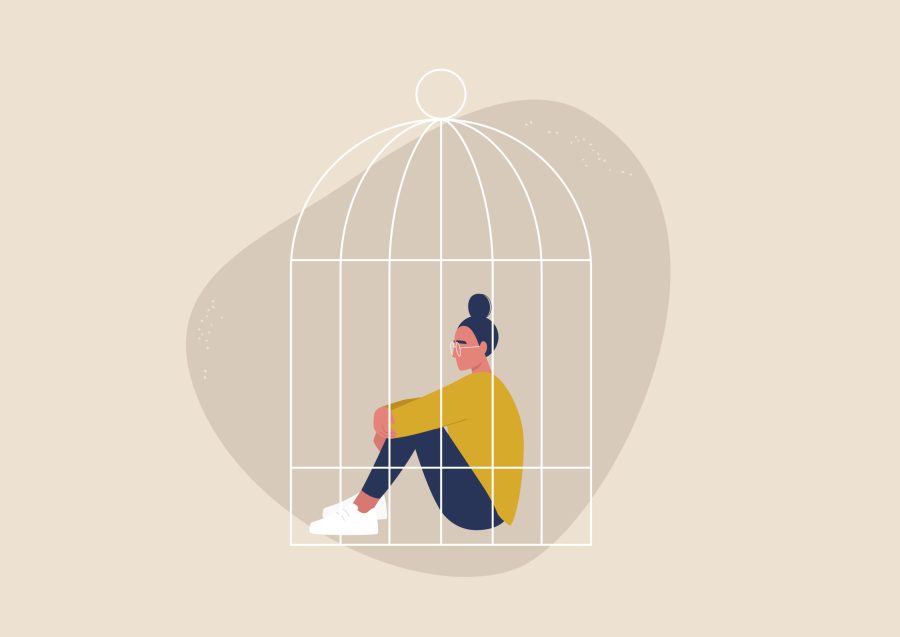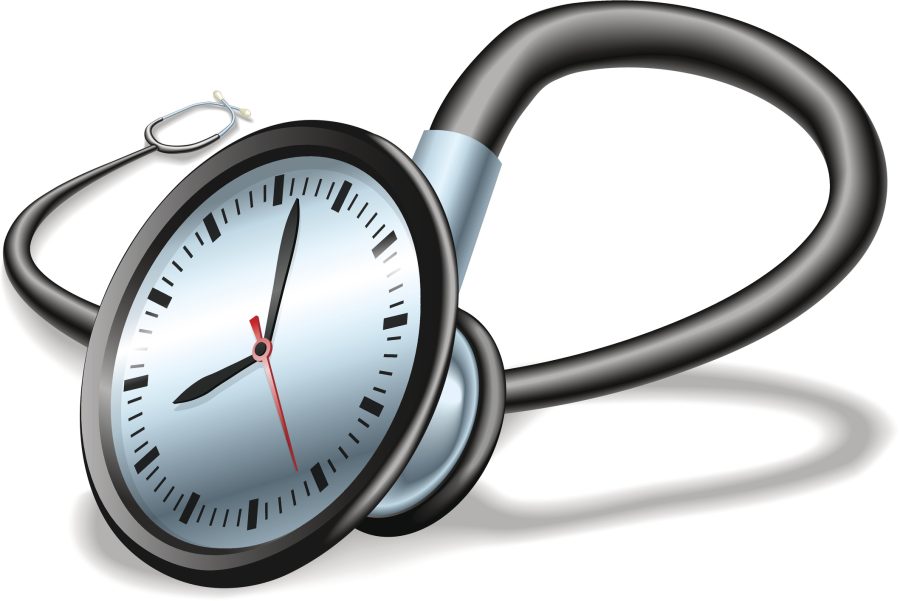Over the past thirty years, disaster scholars have highlighted that communities with stronger social infrastructure—including social ties that enable trust, mutual aid, and collective action—tend to respond to and recover better from crises. However, comprehensive measurements of social capital across communities have been rare. This study adapts Kyne and Aldrich’s (Risk Hazards Crisis Public Policy 11, 61–86, 2020) county-level social capital index to the census-tract level, generating social capital indices from 2011 to 2018 at the census-tract, zipcode, and county subdivision levels. To demonstrate their usefulness to disaster planners, public health experts,...



